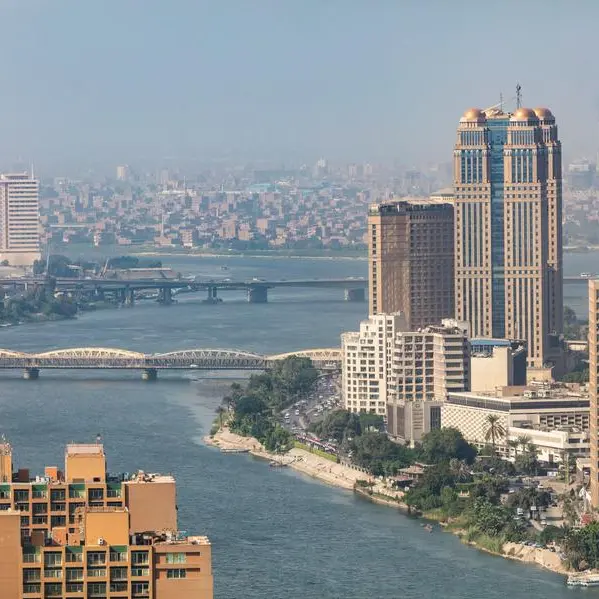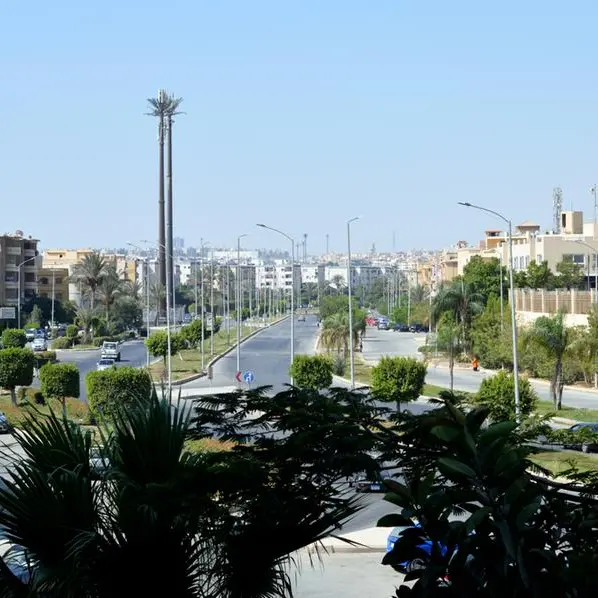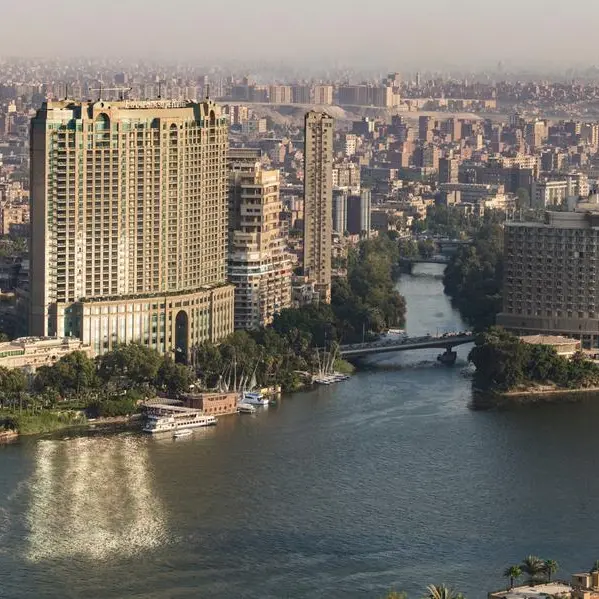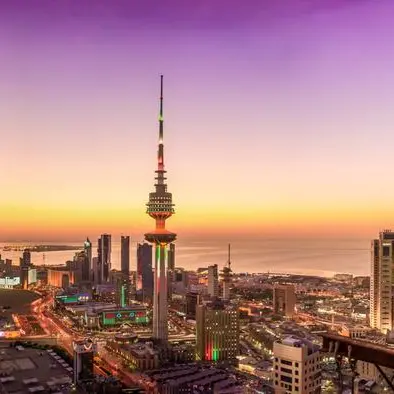PHOTO
Abu Dhabi's GDP growth will edge up to 2 percent this year and continue to gradually climb to 3 percent by 2022, ratings agency S&P Global has said.
In a note distributed on Sunday, S&P Global said that it expects the marginal growth in Abu Dhabi's GDP this year (2018 GDP was 1.9 percent) to come mainly from higher oil production as it reduces overcompliance with production limits set under the current OPEC-plus agreement.
S&P Global’s note said that non-oil growth in the emirate continued to slow last year. Although Abu Dhabi has one of the highest levels of per capita GDP in the world, the average change in GDP per capita weighted over the past 10 years has been just 0.3 percent. Over the past two years, Abu Dhabi's population has also shrunk by more than 4 percent due to restructuring and consolidation among government-related entities, as well as a general economic slowdown, S&P Global said, adding that population numbers are expected to pick up again as the economic cycle improves.
The agency maintained its AA rating on the emirate, with a stable outlook.
"We project that growth will rise to 3.0 percent by 2022, helped by investment in the oil and non-oil sectors, and recovering domestic credit growth bolstered by improving demand in the region," the note said.
Abu Dhabi National Oil Company’s five-year investment plan involves a spend of around 485 billion United Arab Emirates dirhams ($132 billion), or around 10 percent of GDP, S&P Global said. It also highlighted measures such as recent changes to residency rules and the 50 billion dirham stimulus package announced by the Abu Dhabi government in June last year, but said that actual fund disbursements thus far have been "slow".
Meanwhile, rival ratings agency Moody's said in a press release accompanying its note on the UAE's economy on Friday that it expects real GDP growth in the country to accelerate to 3 percent next year, citing the removal of oil production cuts and a looser fiscal policy from the Abu Dhabi government. It maintained its Aa2 rating for the UAE, with a stable outlook.
Thaddeus Best, a Moody's analyst and the report's co-author, said the UAE's credit profile was "supported by the stable outlook on the Abu Dhabi sovereign rating and upside potential from diversification efforts, but is constrained by lingering government-related entity contingent liabilities and geopolitical tensions."
(Writing by Michael Fahy; Editing by Mily Chakrabarty)
Our Standards: The Thomson Reuters Trust Principles
Disclaimer: This article is provided for informational purposes only. The content does not provide tax, legal or investment advice or opinion regarding the suitability, value or profitability of any particular security, portfolio or investment strategy. Read our full disclaimer policy here.
© ZAWYA 2019



















